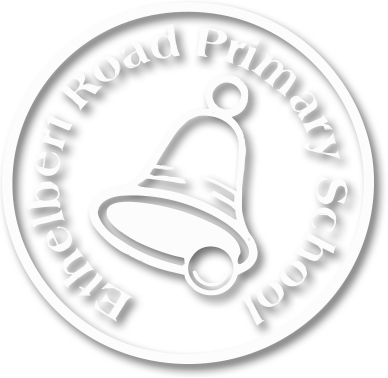National Curriculum and Curriculum Information
English
The teaching of English at Ethelbert Road is designed to instil in children a love of speaking and listening, reading and writing that will last them a lifetime. Giving pupils the key skills in English enables them to access material in all curriculum areas, and provides a foundation for their learning throughout their school career. To achieve this, teachers are focused on delivering a rich and exciting curriculum, teaching key skills through topics and texts. Our aim is to engage pupils with the joy and wonder of books, piquing their imagination and creativity. At Ethelbert Road, we view the teaching of English as a fundamental part of the holistic development of the pupil, fostering positive behaviours and attitudes toward learning, and providing key knowledge and skills to benefit pupils throughout their education and beyond.
Our Approach to Reading
We use Rocket Phonics as a structural basis of our phonics programme, which provides the sequence of learning and the structure for our assessments, but we enrich the programme with carefully chosen resources and activities in order to meet the criteria set down by the DfE for good phonics teaching.
Our Literacy/Early Years Leader regularly monitors provision of our phonics programme, to ensure that learning meets our high standards, that lessons are multi-sensory and that children’s progress is carefully tracked. We make sure all new staff are given high quality phonics CPD, and we provide regular ‘refreshers’ in terms of monitoring and feedback, staff twilights, and peer coaching, using our own experts to demonstrate lessons and share experiences. We all teach to the same programme.
Early Years
We encourage the children in the Early Years to show an understanding of what has been read to them by retelling stories and narratives using their own words and recently introduced vocabulary and anticipate, where appropriate, key events in stories. The children use and understand recently introduced vocabulary during discussions about stories, non-fiction, rhymes and poems and during role-play. We encourage children to say a sound for each letter in the alphabet and at least 10 digraphs, read words consistent with their phonic knowledge by sound-blending and read aloud simple sentences and books that are consistent with their phonic knowledge, including some common exception words.
Further information on how we teach reading can be found within our progression documents.
Our Approach to Writing
At Ethelbert Road Primary School, we believe that teaching children to understand the power of writing is an important part of our job as teachers. We believe that if we equip the children with the correct writing tools, they will be able to use them effectively within a literate world.
Children are provided with a stimulating writing environment in which we offer encouragement and high quality modelling of writing. We have clear expectations of writing and to communicate these targets to the children. We have high expectations of the finished writing product and we encourage the children to maintain the same standards at all times.
Further information on how we teach writing can be found within our progression documents.
Early Years
Children at the expected level of development will write recognisable letters, most of which are correctly formed. They will spell words by identifying sounds in them and representing the sounds with a letter or letters. Most children will write simple phrases and sentences that can be read by others. We aim for all children to develop a love of writing which can be developed as they move through the school.
